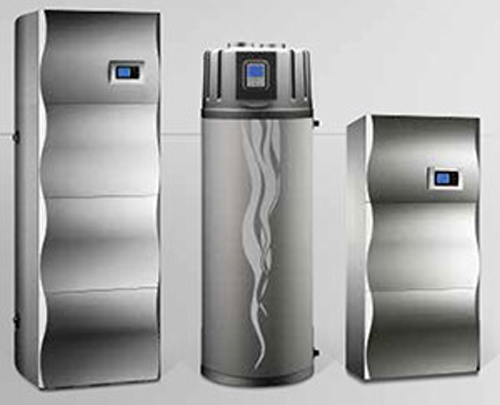Cheaper Heating & Cooling with a Heat Pump
Despite the name “heat pump”, heat pumps do an efficient job of both cooling and heating the home or commercial building. Unlike other conventional heating systems, a heat pump operates by distributing heat, instead of generating hot or cold air. This heat or cooling process can be sourced from either water, earth known as a geothermal heating system or the most common system which retrieves heat from the air. This is known as an “air to air” heat pump.
During the winter months, the heat pump will distribute warm air throughout the property, while in the summer, the heat pump will extract the heat from the home and provide cool air. Heat pumps can be used on their own or with existing systems and will work to reduce your energy consumption, which in turn saves you a significant amount of money on your utility bills.
Why is a Heat Pump Cheaper?
On average, a heat pump generates 3 to 5 kilowatts of heat relative to each unit of energy consumed. Additionally, heat pumps are not powered by fossil fuels and instead, they are powered by electricity. An advantage of this is that energy is a renewable source as it is obtained by the sun and therefore, environmentally friendly. More importantly, you will not have to worry about the potential effects of carbon monoxide in your home as you would with a conventional, fuel burning system.

Which Heat Pumps is best?
Selecting the correct air source heat pump for your needs depends on a number of factors. These factors include the size of your home, the number of windows and their size and also the amount of insulation padding the home and its quality. The size of heat pump selected will determine the heat pump installation cost which then in turn effects the quality of the unit and the specific work required to retrofit it to an existing, conventional system.
In order to determine the most appropriate heat pump, you should consider the model’s “winter heating season performance factor” (HSPF), the amount of space required divided by the pump’s electricity consumption and the “summer seasonal efficiency ratio” (SEER).
How Can I Get The Most From My Heat Pump?
Before installing your heat pump, it is essential to ensure that all ductwork is insulated and sealed. This will minimise the potential of heat loss and result in greater efficiency and effectiveness of your heat pump system. These checks can be done at home by taking routine maintenance procedures such as protecting the unit from adverse environmental conditions such as rain, hail or snow, changing the filters each month and cleaning the fans and coils as you see necessary. However, it is recommended to schedule an additional inspection conducted by professionals to repair heat pump problems, if they occur.

